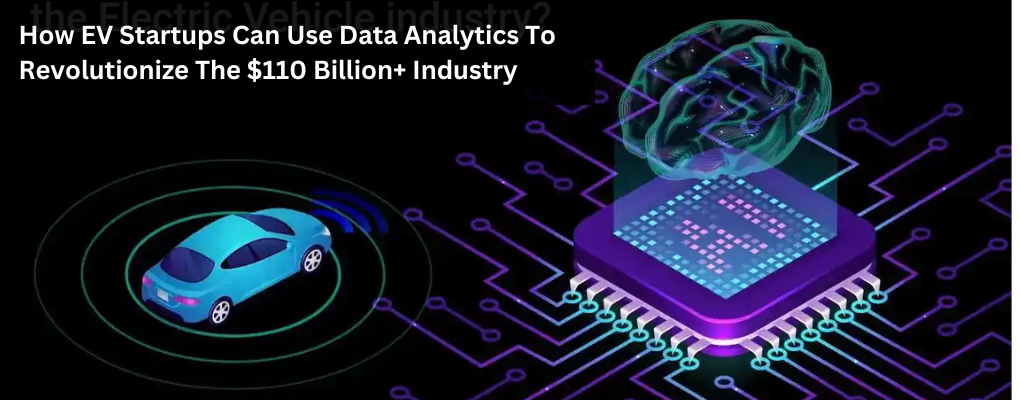
Electric vehicles (EVs) play a critical role in reducing air pollution, combating climate change, and decreasing reliance on fossil fuels. Given these long-term, environmentally beneficial advantages, the Indian EV industry is expected to develop significantly, reaching $110.7 billion by 2029. As the shift from internal combustion engine (ICE) vehicles to green mobility progresses, data-driven methods become increasingly important for optimising EV benefits across a quickly changing industry landscape.
But how might data analytics assist grow EV services and improve car performance? After collecting live data, powerful algorithms analyse key indicators like battery effectiveness, vehicle range, charging habits, and energy usage to create predictive models that can assist in solving operational difficulties.
To better understand and manage the complexities of a data-driven strategy within the EV ecosystem, Inc42 and Qlik (a data analytics platform founded in Sweden and now headquartered in the United States) organised a panel discussion titled How EV Startups Can Leverage Data Analytics to Revolutionise a $110 Billion Industry.
The session covered a number of key issues, including the following:
How data analytics can support better EV performance and drive more efficiency
Benefits to electric vehicle operations through data-driven fleet management
How data analytics supports an improved customer experience
The discussion, moderated by Himanshu Ghawri, Partner at PwC, brought together a host of representatives from various electric vehicle startups. These included Shashank Sathe, CTO of Magenta Mobility; Amitabh Saran, founder and CEO of Altigreen Propulsion Labs; Jaideep Dhok, head of data, Yulu; Ankit Mogra, director (insights & analytics) at Ather Energy; Kumar Prasad Telikepalli, cofounder and group CTO of Matter; and Rishi Beri, automotive sales head at Qlik India.
Data is at the helm in the EV market.
The prospects for electric vehicles have increasingly become a data-driven effort of late. Telematics devices installed on electric vehicles are one of the most common sources of data in the vehicle, making the vehicles mobile information pods.
But, of all, telematics data is among the most powerful tools used today across a plethora of industries and applications: automotive, logistics, transportation, and fleet management, insurance, and many more. Vehicle telematics can collect data regarding usage, heading, position, condition of the engine, charge level, and temperature of the battery.
This consolidated data is then analysed for anomalies in the batteries, optimization of battery life through better charging cycles, and reduction of wear and tear. Apart from allowing EV manufacturers to pinpoint probable issues at an early stage and initiate remedial action, telematics data also aids fleet operators in managing fleet resources around more efficiently, and drive pattern/driver behaviour analysis.

